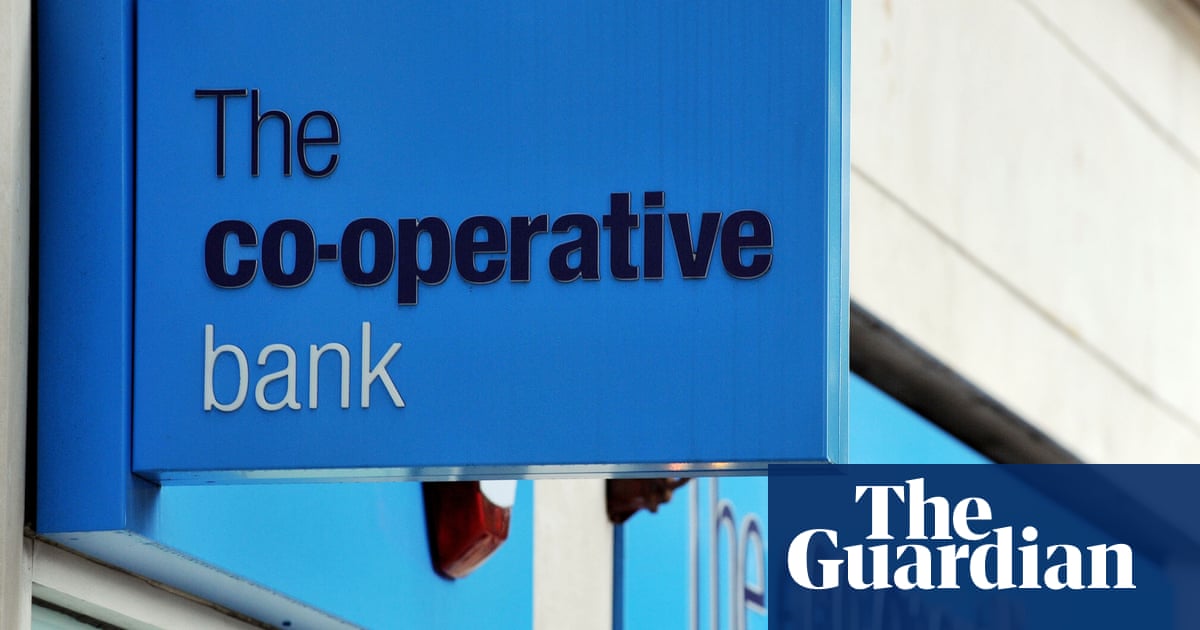
Primark is to axe 400 jobs in its UK stores as the fast fashion retailer responds to rising cost pressures, despite a significant bounceback in trading in recent months.
The retailer, which operates 191 stores in the UK and more than 400 internationally, said it was phasing out some store roles, including supervisors, and creating a new entry-level management role as part of the reorganisation. Overall the retailer expects the changes to leave it with about 400 fewer retail managers in the UK.
The company added that although supply chain pressures had now eased it still expected that longer shipping times would “continue for some time”.
John Bason, the finance director of Primark’s parent group, Associated British Foods, said the retailer was seeing cost increases on shipping, energy and commodities, but was not planning to put up clothing prices up. In contrast, rivals including Next and Marks & Spencer have warned of price rises.
Primark said while sales at its UK stores in the 16 weeks to 8 January had been “well ahead” of last year, despite an impact from the spread of Omicron, they remained 10% below pre-pandemic levels.
“The changes we are proposing will deliver a simplified and more consistent management structure across all of our stores,” said Kari Rodgers, the UK retail director at Primark.
“[It will] provide more opportunities for career progression and offer greater flexibility, all of which are designed to help us provide the best possible experience for both our customers and colleagues. We are now focused on supporting our colleagues who are affected by these proposed changes and will be going through the consultation process.”
The cuts come as Primark reported a Christmas boom, with sales at £2.6bn in the 16 weeks to 8 January, a 36% increase over the previous year when the retailer saw widespread closures of stores in the UK and Europe because of the pandemic.
The company said while sales at stores in retail parks had surpassed pre-pandemic levels, sites in city centres continued to show a lag in the rate of recovery.
Overall, Primark said sales were down 5% compared with the same period in 2019, pre-Covid, helped by the opening of 25 stores since the start of the pandemic, and 11% on a like-for-like basis stripping out the impact of the expansion. Looking ahead, Primark expects sales up to April to be “significantly better” than last year.
From March, the company, which does not sell online, is also taking a step towards digital selling in the UK by enabling shoppers to check online if their local store has a particular item in stock. The system is set to be rolled out worldwide in the coming months.
Primark’s business in the US, where it plans to open 100 stores, continues to be a “standout” performer with sales up 4% on pre-Covid levels on a like-for-like basis and 37% compared with total levels two years ago.
“If the shackles continue to loosen on the vital Primark arm, the group should be poised for stronger prospects and the market consensus of the shares as a strong buy echoes this possibility,” said Richard Hunter, the head of markets at Interactive Investor.
Associated British Foods (ABF), which owns brands including the hot drinks firms Ovaltine and Twinings as well as a sugar business, said margins had been squeezed at its other businesses as inflation pushed costs higher, with price rises on its products taking time to feed through to the bottom line.
Bason said some of price rises, mainly driven by a ten-fold increase in energy costs and rises in the price of packaging and commodities such as wheat, had now been implemented and others would be over the coming months.
Overall, ABF reported a 16% rise in total group revenues to £5.5bn.











